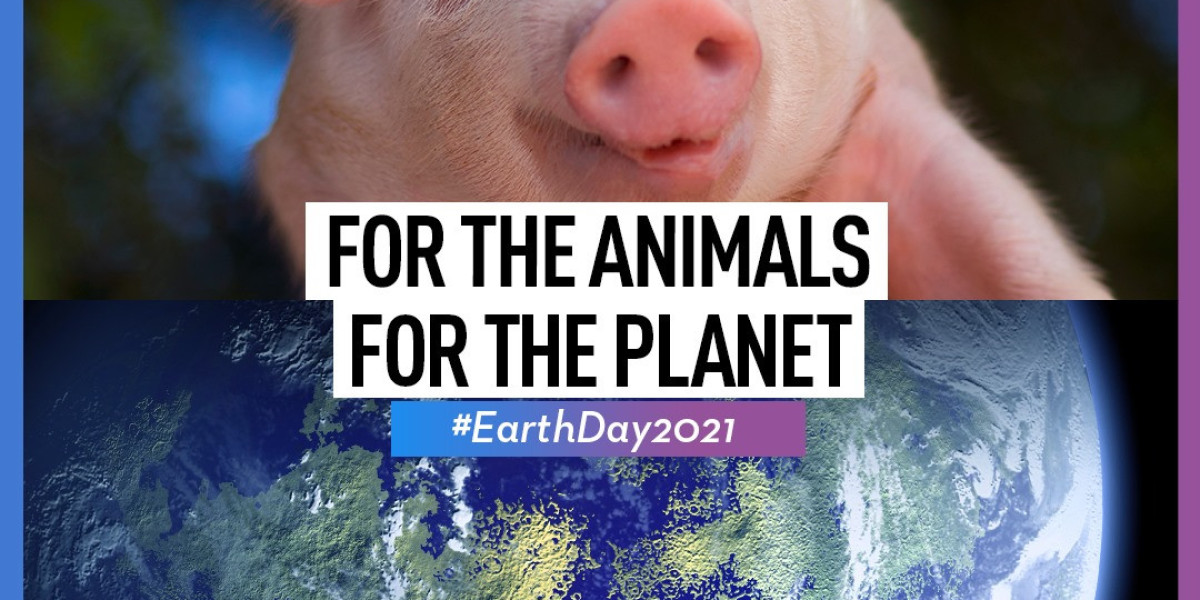Intensive pig farming has become a dominant method of pork production in many parts of the world, driven by the demand for affordable meat products. While this approach promises efficiency and high yields, it also raises significant ethical, environmental, and welfare concerns. This article aims to explore the complexities of intensive pig farming and the implications for both animals and the environment.
Intensive pig farming refers to a system of pork production that prioritises high stocking densities, confinement, and intensive management practices to maximise efficiency and output. In these operations, pigs are typically housed in crowded indoor facilities, often in barren and unsanitary conditions. The focus is on rapid growth and high productivity, with little regard for the welfare of the animals.
One of the primary concerns associated with intensive pig farming is the welfare of the pigs themselves. In these systems, pigs are deprived of their natural behaviours and social structures. They are often confined to small pens or crates, unable to roam, root, or interact with other pigs. The lack of space and stimulation can lead to stress, aggression, and behavioural disorders, compromising the physical and mental well-being of the animals.
In addition to welfare concerns, intensive pig farming also poses environmental challenges. The concentration of large numbers of pigs in a confined area results in the generation of significant amounts of waste, including manure and wastewater. Improper management of this waste can lead to pollution of waterways, soil degradation, and the emission of harmful gases such as methane and ammonia, contributing to environmental pollution and climate change.
Furthermore, intensive pig farming is associated with the overuse of antibiotics and other pharmaceuticals. The crowded and unsanitary conditions in which pigs are raised create ideal breeding grounds for disease. To prevent illness and promote growth, antibiotics are routinely administered to pigs in these operations. However, this overreliance on antibiotics has led to the emergence of antibiotic-resistant bacteria, posing a threat to human health and food safety.
Efforts to address the challenges of intensive pig farming are underway, with some producers and policymakers advocating for more sustainable and welfare-friendly alternatives. This includes the adoption of practices such as free-range or pasture-based systems, where pigs have access to outdoor areas, natural bedding, and opportunities for social interaction. Additionally, there is growing interest in alternative protein sources, such as plant-based meats, which offer a more sustainable and ethical alternative to conventional pork production.
Consumers also play a crucial role in shaping the future of intensive pig farming. By making informed choices and supporting producers who prioritise animal welfare and environmental stewardship, consumers can help drive demand for more sustainable pork products. This includes seeking out labels such as "organic," "free-range," or "certified humane," which indicate higher welfare standards.
In conclusion, intensive pig farming presents a complex set of challenges that require careful consideration and action. By addressing the welfare, environmental, and public health concerns associated with this practice, we can work towards a more sustainable and ethical future for pork production. Through collaboration between producers, policymakers, and consumers, it is possible to create a food system that respects the welfare of animals, protects the environment, and ensures the health and well-being of consumers.



